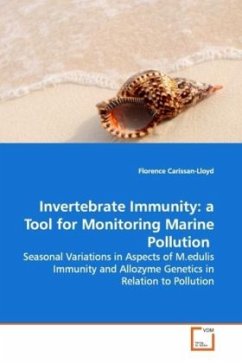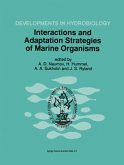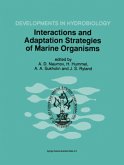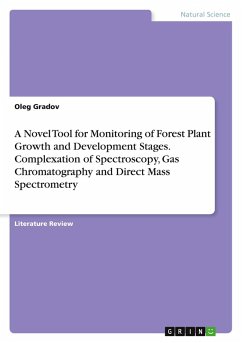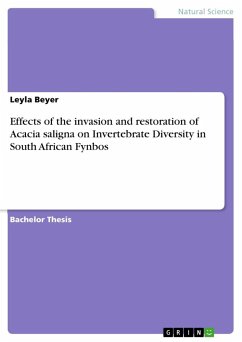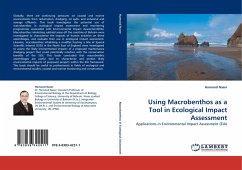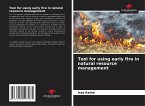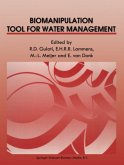Over a one year period, seasonal variations in
aspects of Mytilus
edulis L. immune function, namely, total and
differential blood cell
counts, phagocytic capability and intracellular
superoxide
generation, were investigated. These immune
parameters were
found to be significantly affected by seasonal
variations with
special reference to M. edulis reproductive cycle.
A concomitant population genetics study, using
electrophoresis at
9 allozyme loci, was carried out on the monthly
samples of M.
edulis used for the immunocompetence assays. Significant
temporal genetic variations were observed. When
comparing the
level of heterozygosity at the 9 allozyme loci
surveyed with the
aspects of immunity studied, one association could be
demonstrated between heterozygosity and the character of
circulating haemocytes.
The effects of short-term (14 day) and long-term (40
day) in
vivo exposures to the reference toxicant sodium
pentachlorophenol (NaPCP), on aspects of M. edulis immune
function (using the same immune parameters as for the
seasonal
variations study) were also investigated. Results
showed that
NaPCP had a toxic effect on the immune responses
surveyed.
aspects of Mytilus
edulis L. immune function, namely, total and
differential blood cell
counts, phagocytic capability and intracellular
superoxide
generation, were investigated. These immune
parameters were
found to be significantly affected by seasonal
variations with
special reference to M. edulis reproductive cycle.
A concomitant population genetics study, using
electrophoresis at
9 allozyme loci, was carried out on the monthly
samples of M.
edulis used for the immunocompetence assays. Significant
temporal genetic variations were observed. When
comparing the
level of heterozygosity at the 9 allozyme loci
surveyed with the
aspects of immunity studied, one association could be
demonstrated between heterozygosity and the character of
circulating haemocytes.
The effects of short-term (14 day) and long-term (40
day) in
vivo exposures to the reference toxicant sodium
pentachlorophenol (NaPCP), on aspects of M. edulis immune
function (using the same immune parameters as for the
seasonal
variations study) were also investigated. Results
showed that
NaPCP had a toxic effect on the immune responses
surveyed.

